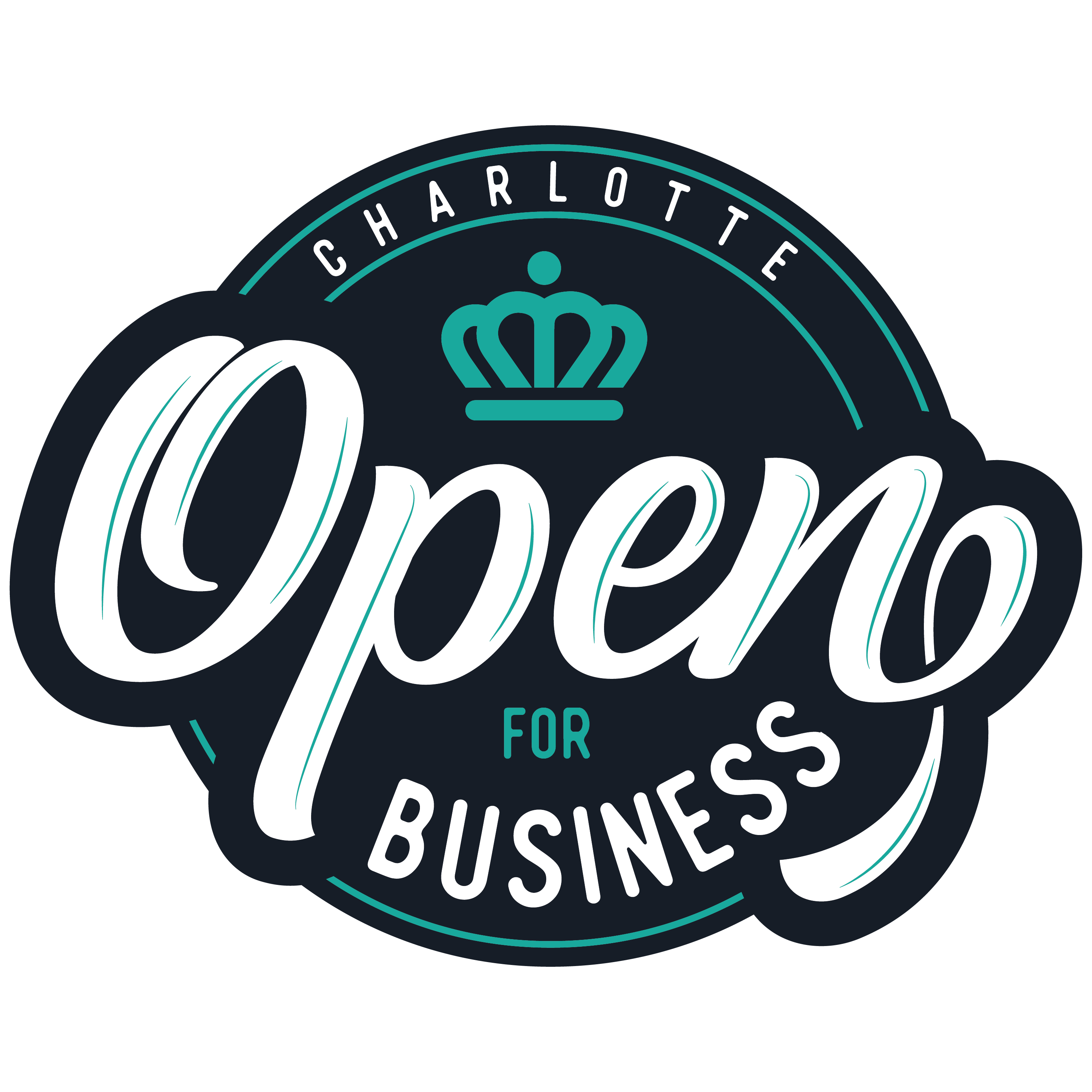The following is a general description of the Scopes of Service included in this RFQ. The selected firms will use HEC-HMS, HEC-RAS, and/or a hydraulic grade line closed system computer model, or an approved alternative (SWMM) method. All methods will be in accordance with the Charlotte-Mecklenburg Storm Water Design Manual. The City’s then current AutoCAD standards will be used for production of all plans and profiles.
Work will be issued via written Task Orders, which will specify the requirements of the various projects. Multiple Task Orders may be issued for each project. Multiple Task Orders may be issued at once. The City of Charlotte reserves the right, upon successful completion of a given Task Order, to issue subsequent Task Orders to the same or a different Company.
The below list provides a general list of the tasks required. Task orders may include any of the following:
- Surveying, utility locating, and PACP stormwater asset inspections.
- Existing and Proposed Conditions Analyses
- Channel Stabilization and/or Restoration
- Utility Coordination
- Easement/Plat Preparation
- Public Engagement
- Preliminary and final design
- Permitting/Encroachments
(404/401, NCDOT, Railroad Agencies and FEMA Floodplain Development Permitting)
- Preparation of Construction Documents (Plans, Specifications, and Cost Estimates)
- Bid and Construction Phase Services
- Geotechnical and Structural Engineering Services
The city anticipates selecting multiple firms to provide these services. These will be drainage area-based storm drainage improvement projects that involve differing land uses within the project areas. Drainage basins may include closed and open systems. The study areas may be on a portion of the watershed or the entire watershed. Task orders may be issued for multiple projects at once. Upon satisfactorily completing a task order, the City may issue additional task orders. Scoping on these projects is anticipated to begin in early 2026.
This project involves sewer trunkline modeling to support odor control efforts within the wastewater collection system. The model will help optimize system performance and identify areas where odor mitigation strategies are needed. The goal is to enhance system efficiency while minimizing odor impacts on surrounding communities.
The selected firms will use HEC-HMS, HEC-RAS, SWMM, and/or a hydraulic grade line closed system computer model, or an approved alternative method. All methods will be in accordance with the Charlotte-Mecklenburg Storm Water Design Manual. The City’s then current AutoCAD standards will be used for production of all plans and profiles.
Work will be issued via written Task Orders, which will specify the requirements of the various projects. Multiple Task Orders may be issued for each project. Multiple task orders may be issued at once. The City of Charlotte reserves the right, upon successful completion of a given Task Order, to issue subsequent Task Orders to the same or a different Company.
The below list provides a general list of the tasks required. This is not intended to be all-inclusive, nor is it guaranteed that all of the below tasks will be utilized. A more defined Scope of Work will be developed during negotiation with the selected company.
Part of the Federal Highway Administration (FHWA) mandates that bridges and culverts are inspected every two years. Bridges are inspected for structural adequacy, safety, and functionality.
The City Council will seek contracts for the design and construction of needed repairs related to bridge inspection contracts.
The Federal Highway Administration (FHWA) mandates that bridges and culverts be inspected every two years. Bridges are inspected for structural adequacy, safety, and functionality. Over the next two years, the City Council will see contracts for the design and construction of needed repairs related to these inspection contracts.
Part of the Federal Highway Administration (FHWA) mandates that bridges and culverts are inspected every two years. Bridges are inspected for structural adequacy, safety, and functionality.
The City Council will seek contracts for the design and construction of needed repairs related to bridge inspection contracts.
Part of the Federal Highway Administration (FHWA) mandates that bridges and culverts are inspected every two years. Bridges are inspected for structural adequacy, safety, and functionality.
The Consultant shall prepare technical plans and specifications for the required repairs to the City’s bridges per the Inspection Reports. The Consultant shall schedule completion dates for each bridge. Before the beginning of the next inspection cycle, all bridge repairs should be completed by the contractor.
The Consultant shall prepare two (2) bid documents (including one for guardrail work). Each shall include the technical plans and specifications for the bid packages for each bridge, as well as bid information/requirements for potential contractors.
Based on repair needs identified in Inspection Reports, the Consultant shall prepare technical plans and specifications (“Construction Documents”) for the required repairs to the City’s bridges. The Consultant shall prepare two (2) bid documents (including one for guardrail work) that shall include the technical
plans and specifications for the bid packages for each bridge, as well as bid information/requirements for potential contractors. The Consultant shall plan completion dates for each bridge so that all bridge repairs will be completed by the contractor before the beginning of the next inspection cycle.



